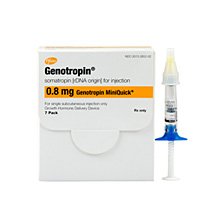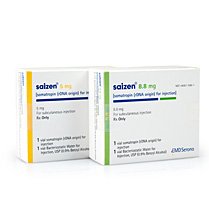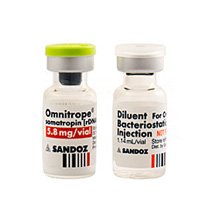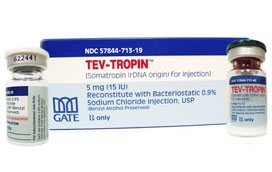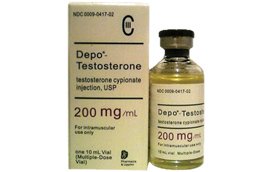Progesterone Therapy for Hair Loss

Low progesterone levels can increase the body’s production of adrenal cortical hormones that can lead to male pattern hair loss, even in females. The use of progesterone therapy for hair loss can reverse that trend and return the cortical hormones to their normal levels. In turn, hair growth can resume. Due to the natural hair growth cycle, it may take four to six months to notice the changes.
The following conditions may trigger hair loss in women:
- 1. Pregnancy
- 2. Anemia
- 3. Thyroid disorder
- 4. Autoimmune disease
- 5. Psoriasis
- 6. Polycystic ovarian syndrome (PCOS)
- 7. Rapid extreme weight loss
- 8. High stress
- 9. Hormone deficiency
Hormone deficiency is often the cause of hair loss in women after the age of forty. Using progesterone for hair loss provides excellent results since progesterone is also the source or precursor hormone for the production of testosterone – another chemical that can affect hair growth.
Female pattern baldness differs from how men lose their hair. Instead of the typical receding hairline, a woman will notice changes to the top third or half of her scalp. Where normal hair loss is replaced with a similar size hair strand, female pattern baldness will see a finer, thinner strand take its place. Individuals with a family history of thinning hair should speak with a hormone specialist as soon as possible to prevent or reverse this hair loss.
Progesterone Deficiency Effects on Hair Growth
As we begin this progesterone hair loss study, we start by looking at the importance of hormones in hair growth.
Hormones are crucial for the hair. They protect the levels of collagen, protein, and elastin fibers that give hair its strength and shine.
You may need progesterone therapy for hair loss if you notice any of the following problems:
- Losing more than 100 hair strands per day – 250 on days when you wash your hair
- Finding excess hair on your pillow upon waking
- Seeing more hair in your comb or brush than usual
- Noticing patches of scalp when looking in the mirror
Menopause is a crucial time for women. That is when the ovaries stop producing progesterone, testosterone, and estrogen. While a small amount of progesterone and testosterone also come from the adrenal glands, it is estrogen, which is produced in belly fat by the conversion of testosterone into estrogen by the enzyme aromatase that takes control.
The loss of progesterone triggers an abundance of the hormone dihydrotestosterone (DHT) since the actions of the enzyme 5-alpha reductase are now unopposed by progesterone (more on that in the next section).
One of the reasons why progesterone for hair loss is so beneficial in later years is that roughly 37% of women experience hair loss after menopause compared to only 13% before that time.
Significance of Progesterone Therapy for the Hair
Progesterone therapy for hair loss serves some significant purposes:
- It inhibits the enzyme 5-alpha reductase from converting testosterone into DHT – dihydrotestosterone. Why is this important? DHT attaches to androgen receptors on the hair follicles and triggers a miniaturizing process that also shortens the anagen phase of hair growth. Future hair strands grow in thinner and do not last as long.
- Since progesterone helps restore a proper estrogen and testosterone ratio, it can also reduce symptoms associated with high androgen levels or estrogen dominance – both conditions that can affect hair growth.
High androgen levels can cause:
- Adult acne
- Thinning hair on scalp
- Increased facial and body hair
- Weight gain
- PCOS
- Menstrual irregularities
One of the best pieces of information is that when it comes to the use of supplemental progesterone for hair loss, side effects are relatively non-existent. That does not, however, mean to go out and buy progesterone off a store shelf. Low progesterone levels require diagnosis by a doctor. The last thing you want to do when trying to balance hormone levels is increase the wrong one. Only blood testing can show where the levels of individual hormones are and that will provide the proper treatment protocol.
Please contact Greenberg Health to speak with a hormone specialist to learn more about the use of progesterone therapy for hair loss.


















 Norditropin
Norditropin